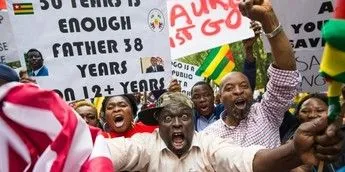
Two French-linked media platforms, RFI and France 24, have been suspended in Togo for three months over allegations of broadcasting "inaccurate and biased" content that threatens the country's stability.
Togo's media regulator on Monday announced the suspension of two major French broadcasters, Radio France Internationale (RFI) and France 24 for a period of three months, accusing them of spreading "inaccurate" and "tendentious" content that undermines national stability.
According to a statement released by the nation's High Authority of Audiovisual and Communication (HAAC), the government cited "several recent broadcasts" by the two outlets that allegedly relayed biased and factually incorrect information.
HAAC noted that the coverage in question threatened "the stability of republican institutions and the country's image," prompting authorities to take what they described as a protective measure in the interest of national cohesion.
Though the HAAC did not single out specific programs or reports, the move follows growing tensions between the Togolese government and foreign media, particularly around sensitive issues such as constitutional reforms, political unrest, and alleged human rights abuses.
Critics argue that the suspension is part of a broader clampdown on dissenting voices and press freedom in the country.
The French media group France Médias Monde, which oversees both RFI and France 24, has not yet issued an official response. However, both outlets are widely followed across Francophone Africa and are often relied upon for independent coverage, particularly in countries where domestic press operates under tight restrictions.
The suspension follows youth-led protests in Lomé on June 5 and 6, sparked by arrests of activists, rising electricity costs, and recent constitutional changes.
Police used tear gas to disperse crowds near the presidential palace, with dozens arrested, though the government says over 50 have been released. The demonstrations, led by rapper Aamron, were aimed at President Faure Gnassingbé, who has been in power since 2005
Deepening rift between France and its former colonies
This suspension places Togo among a growing list of African countries, such as Burkina Faso, Mali, and Niger, that have distanced themselves from France.
In recent years, this shift has been accompanied by bans or restrictions on French media outlets, often accused of pushing narratives seen as critical of ruling governments, whether military or civilian.
The wave of suspensions reflects not just media concerns, but also a deepening diplomatic rift between former French colonies and Paris, as African governments increasingly assert control over their domestic information space.
While the Togolese government insists that the decision is temporary and necessary for national integrity, press freedom advocates warn that it could further shrink the country's already limited media space ahead of upcoming political events.

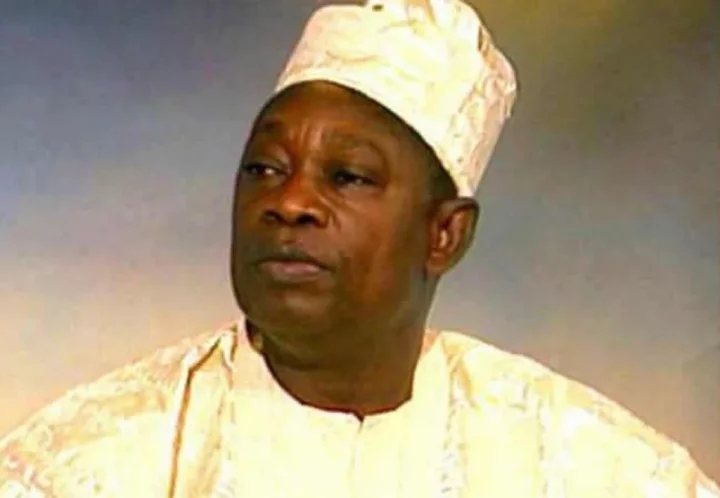
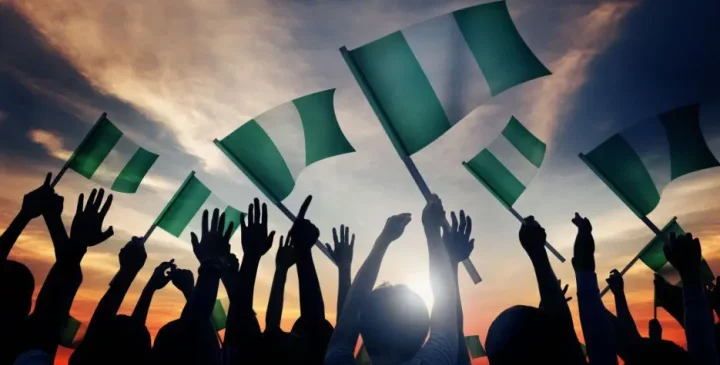
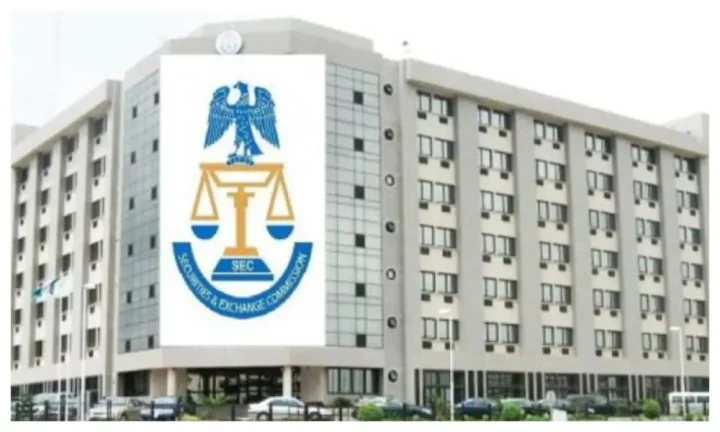


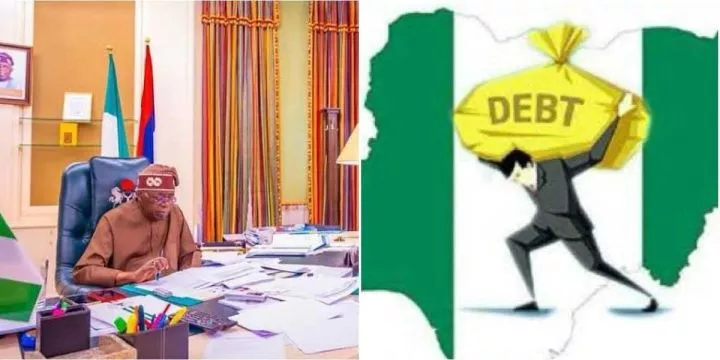





![Ranked! Top 10 goalkeepers in the world [2025] Ranked! Top 10 goalkeepers in the world [2025]](https://static.netnaija.com/i/vWaq3ZoWKrk.webp)

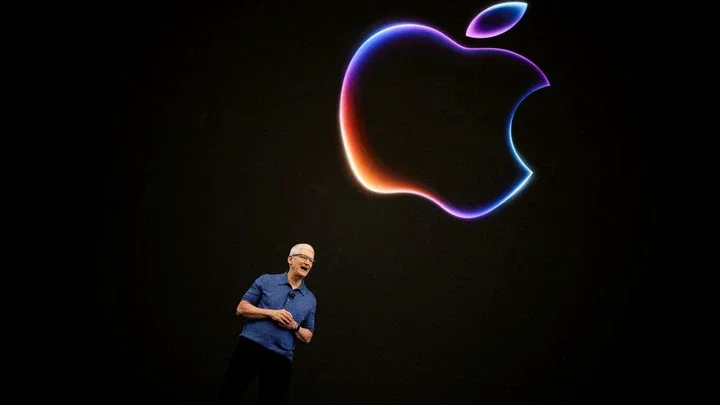


Comments